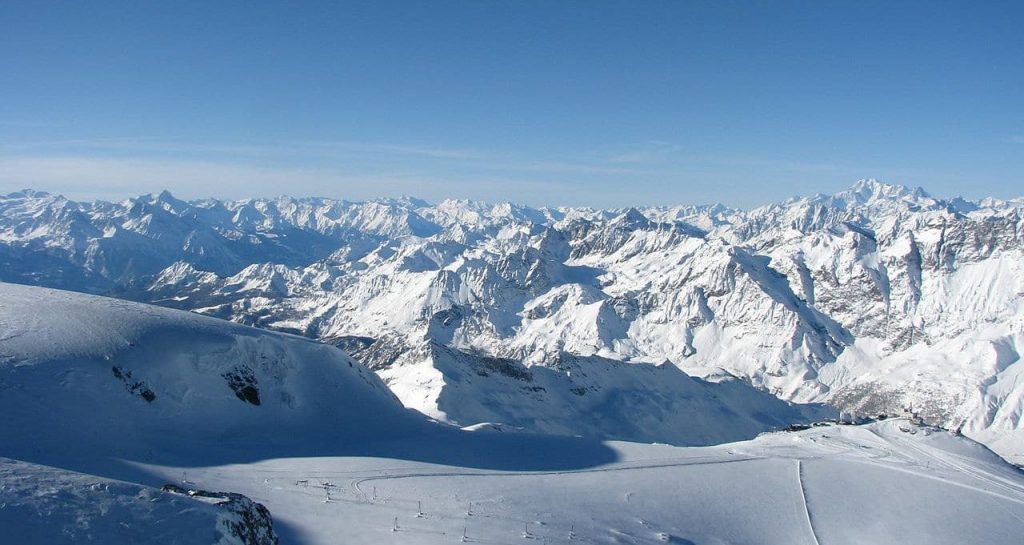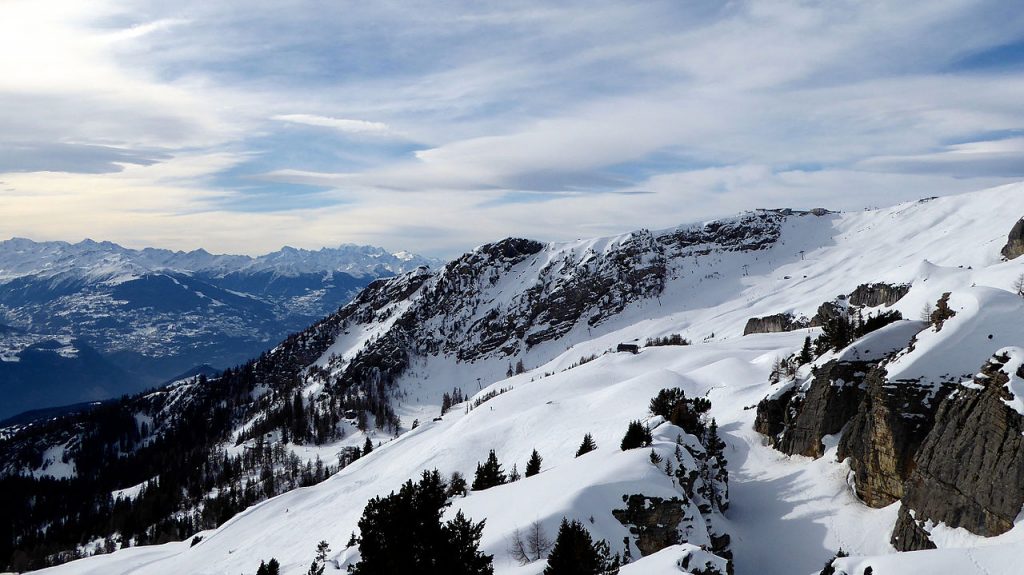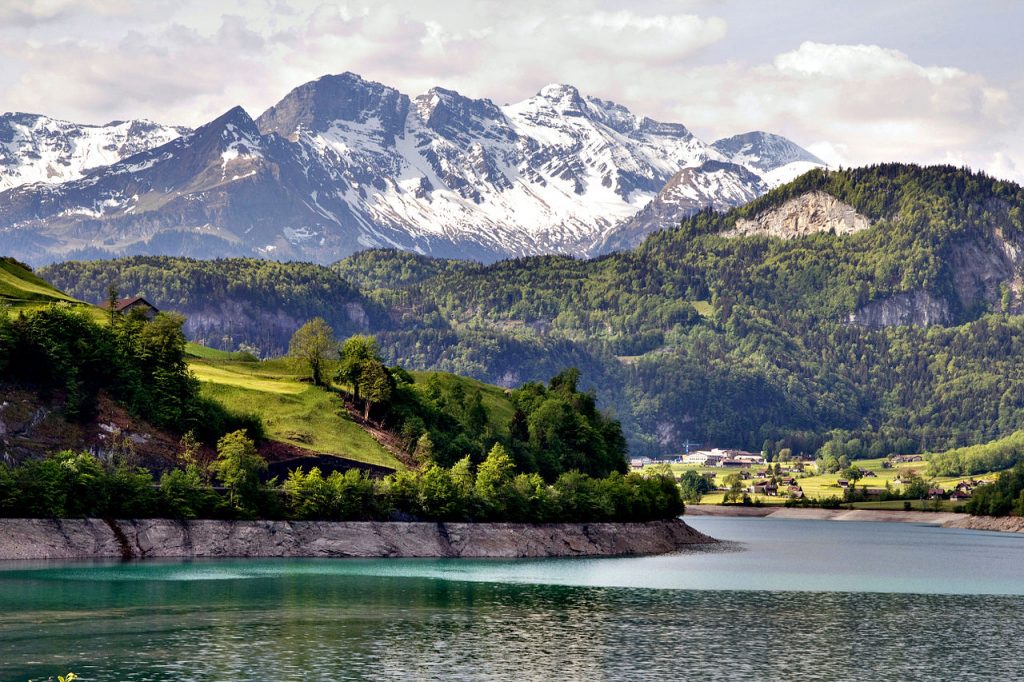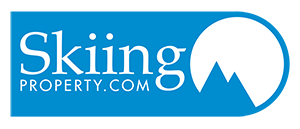Posted on 04 February 2021

Buying property in Switzerland has always been a little more complicated than buying elsewhere in the Alps due to the different rules and regulations per canton. Property for sale in Switzerland is often blocked off to foreign buyers; there are laws in place limiting city properties to Swiss and Swiss residents with a permanent residents permit or C Permit. Fortunately, many ski resorts are in tourist areas and therefore are not subject to the same limitations.
Since Brexit, it has become more difficult than ever for UK residents as they are no longer covered by agreements between Switzerland and the EU. To buy property in Switzerland, you must navigate the confusing mix of national, regional, and local legislation that will tell you where you can buy, what you need in order to buy there, and what sort of property you can invest in. But, crucially, it is possible to buy property for sale in Switzerland.
Although there was a small dip in the Swiss property market in general, when the Swiss government moved to make property for sale in Switzerland more accessible to potential buyers, chalets for sale have generally retained their value. As Swiss ski resorts remain some of the most popular in the world, investing in property in the Swiss Alps is always a safe bet.
So what’s the lowdown on buying ski property in Switzerland?

Buying within the EU or EEA
Buyers within the EU or EEA have by far the easiest ride, in terms of getting on the Swiss property ladder. EU or EEA residents with C Permits (permanent residency permits) are not classed as foreign and therefore aren’t subject to the same stringent rules and regulations that foreign buyers find themselves faced with.
If you are a resident within the EU or EEA and you have a residence permit, you can buy it anywhere in Switzerland.
If you live in the EU or EEA and you don’t have a residence permit, you will be restricted to the same limitations that apply to foreign buyers. What this means, in practice, is that you will only be able to buy property in ‘touristic areas’. Fortunately, most Swiss ski resorts are located in these zones and are therefore available to buyers without their Swiss C Permit.
Buyers looking for property for sale in Switzerland might not be able to invest in property in Zurich or Geneva, but Verbier is a possibility!
Buying as a Foreigner
If you are a member of the EU or EEA and not a resident of Switzerland, or a foreign national from outside the EEA, you are subject to a number of restrictions beyond what you would be faced with as a Swiss resident or citizen. If you hold a Swiss B permit, which is issued to skilled non-EU workers, students, and retirees, you may buy property across Switzerland, but only as a primary residence.
Otherwise, you may need to apply to whichever Canton in which you are looking to buy for a license. Foreign buyers are subject to the Lex Koller, which established a system of permits that regulates the sale of property to foreign buyers. This law also restricts the sale of properties over 200 square feet to foreign buyers.
The Lex Weber, which is a more recent addition to Swiss law, restricts the sale of second homes in regions where second homes already make up 20% of properties. That means, in practice, that if you’re looking for property for sale in Switzerland, popular resorts like Saas-Fee can be difficult to buy in unless you’re a Swiss resident or citizen.
At this juncture, it’s worth noting that due to a diplomatic disagreement between Switzerland and the USA, most Swiss banks will not lend to Americans. American buyers should be aware that they’re almost certainly going to need to buy without a mortgage.
Cantons That Accept Foreign Purchase
For buyers from any country outside Switzerland, Cantons Bern, Graubunden, Uri, Vaud, Obwalden and Valais all accept foreign purchase. There are subsets of restrictions at the canton and commune level that apply to resorts within each of these cantons.
In Canton Bern, only 50% of any development is open to foreign purchase. Foreign buyers may sell at any time. Within that, at a commune level, foreign buyers can only purchase property worth over 750,000 CHF in Grindelwald. In Wengen and Lauterbrunnen foreigners can only buy apartments. Fully detached chalets for sale in these resorts are not available for foreign purchase.
There are no additional rules or restrictions in the Cantons Graubunden, Obwalden, or Uri, although properties for sale in the Swiss resorts of Davos, Klosters, and St Moritz are very uncommon. There is also a limited market in Engelberg and a special dispensation on new development in Andermatt.
In Cantons Valais and Vaud, buyers may not sell for five years after the purchase date, unless ill health forces a sale before that point. Zermatt is next to impossible to buy in without a Swiss B or C permit, due to the commune reserving property for local residents who have lived and paid tax in the resort for a number of years.

Starting the Purchase Process
So, you’ve found your dream property for sale in Switzerland, it’s in an area you know accepts foreign buyers and it complies with all canton and communal laws, what’s next?
Although property prices in the Swiss Alps are high, the transactional cost of buying property for sale in Switzerland is comparatively low. As per the Global Property Guide, the buyer normally pays between 0.25 to 3.55% of the property cost: a real estate transfer tax, registration fees, and notary fees. As you might expect, after you find your property you still have to make an offer, find a mortgage, agree to the sale, and sign a contract.
Asking for a professional property survey is rare in Switzerland. However, it is good practice to get one done because sellers are not obligated by law to inform buyers of any issues with the property ahead of the sale. Although some builders might take the request as an insult, getting a survey done early on in the process is a good way to ensure you don’t have any nasty surprises further down the line.
Most properties in Switzerland have a service charge, even if they’re stand-alone chalets, so buyers will want to look into this, as well as the specific property taxes applicable to the Canton they’re looking at purchasing in.
Making the Offer
Once you’ve covered all those bases, and your property for sale in Switzerland is what it seems, it’ll be time to make an offer. Unless you’re buying without a mortgage, how much you can borrow will determine the offer you can make on an apartment or a chalet for sale. Swiss banks typically require you to have a 20% deposit, and there are very few schemes available to help buyers make up the difference if they don’t have enough cash.
After getting your mortgage, you should communicate your bid either yourself or through the estate agent. Should your offer be accepted you may need to send on your deposit, which will then be held in escrow. At this point, you should be looking at signing a full contract of sale that details in which circumstances your deposit will be forfeit or returned.
You will also finalise your mortgage before signing the contract of sale. Once your notary is informed the payment is complete, the sale will go ahead. Normally, the whole process of buying a property for sale in Switzerland takes three to four months.
Completing the Purchase
In Switzerland, the notary is often a public officer working for both buyer and seller. Unlike in France, you do not need to employ a separate notary to look over the contracts and ensure the sale is proceeding as expected. Whether the seller suggests a notary, or you find one yourself, there only needs to be one notary involved.
Although notaries in Switzerland are public officers rather than privately contracted, if you are a foreign buyer and you don’t speak the language at a near-fluent level, you will need to hire legal representation to look over the contract of sale for you before you sign it. You are required, when buying a property in Switzerland, to give power of attorney to someone who speaks the language, if you don’t speak it yourself.
Your mortgage lender, if you have one, may help you with this as it’s in their best interest as lenders to aid the buyer in completing the sale.
The notary will then draw up the contract of sale and hold the buyer’s funds in escrow while the sale is still going through, then complete the official transfer of the property, register the change of ownership with the authorities, and ensure all legal formalities have been completed. The notary, as an independent party, will be able to advise you on the legality and legitimacy of a transaction.
You will need to have your foreign purchase permit sorted before the deed of sale is signed, and registration with the landowner is completed. If all of this is completed, you will be able to take possession of your Swiss ski property.
Moving into your Property
As with any house move, you will need to set up internet, register the change of ownership to gas, water, and electricity providers, and arrange to furnish. There will also be several taxes that you, as a foreign buyer, will be subject to if you own property in Switzerland. Depending upon the tax, these are owed to the federal government, canton, and commune.
Whilst the communal taxes will vary from resort to resort, the federal taxes are the same across the country, and cantonal laws are the same across the region. Property owners will pay income tax that will be calculated based on the potential rental income of your property.
You will also be liable for wealth, capital gains, and inheritance taxes in Switzerland. Fortunately, Switzerland has dual taxation agreements with most countries so you will not be charged twice for any taxes you do pay.
It might take a few months, end to end, but once this process is finally completed, you will have gone from finding your perfect property for sale in Switzerland to owning your dream chalet in the Swiss Alps. Whether you’re looking for apartments or chalets for sale, hopefully, this has helped you wrap your head around the complicated process of buying a ski property in Switzerland!

